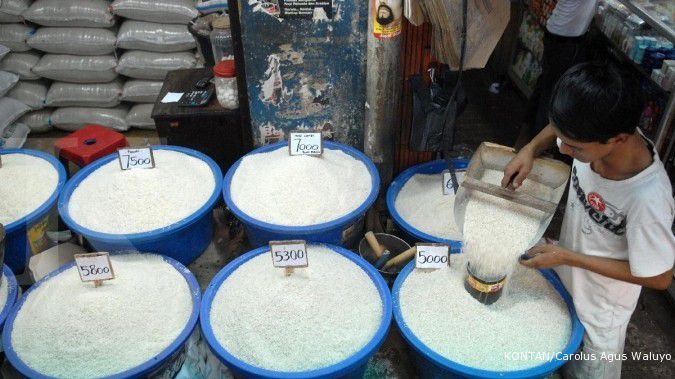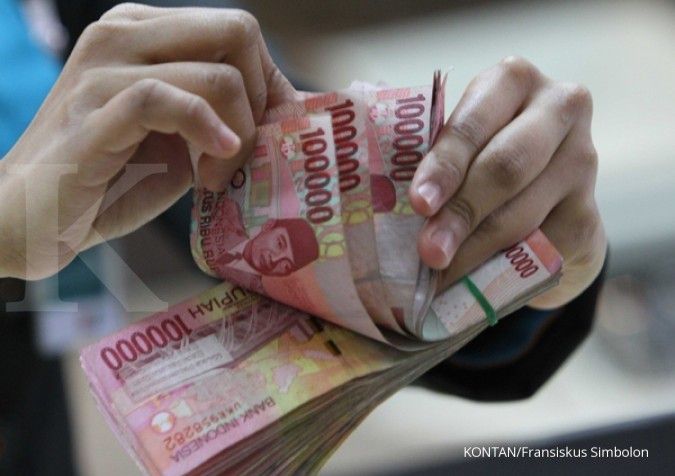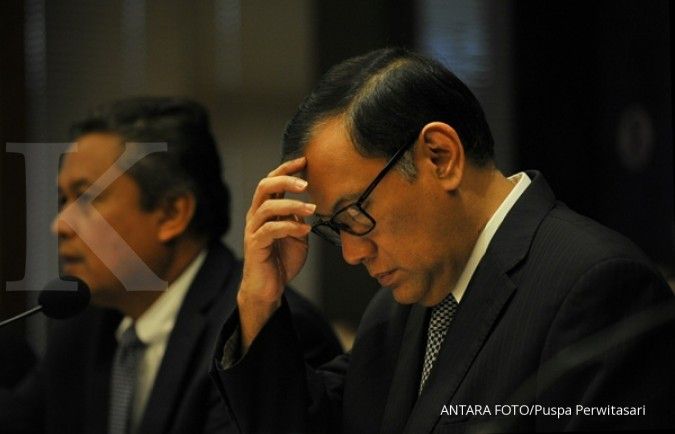JAKARTA. Bank Indonesia (BI) has revised three of its regulations on derivative transactions and net open position (NOP) to encourage more foreign exchange (FX) transactions and swap deals between commercial banks and their customers.
The first regulation to undergo a revision is PBI No. 16/16, issued in 2014, which oversees FX-to-rupiah transactions carried out by banks and domestic parties. In the revised version, the cross-currency swap (CCS) is included within its “plain vanilla” derivative transaction list, which already contains forward, swap and option.
The revision also expands the coverage of derivative transactions to entail trade and investment-related activities, and not just export-import operations.
Nanang Hendarsyah, BI’s financial task force deputy head, said the inclusion of the CCS on the list was needed to boost confidence among banks and companies to use it as a hedging instrument.
“The CCS is an ideal hedging instrument for companies with exposure to FX loans because it prevents losses from both currency fluctuations and interest rate volatility. It will be as if they obtained a rupiah loan with a fixed installment rate,” he said on Monday.
Nanang acknowledged that of all 72 FX banks that existed at present, only 25 banks had been active in the FX market and they accounted for around 70 to 80 percent of total FX transactions.
“Now that CCS is an option, we hope to see more and more banks participate in the FX market,” he said, adding that the daily transaction figure was still around US$5 billion to $6 billion.
Meanwhile, the second regulation to be revised is PBI No. 16/17 on FX-to-rupiah transactions between banks and foreign parties. This regulation was also issued in 2014.
According to the revised version, foreign parties are now permitted to carry out derivative transactions—forward, swap or option — to buy US dollars from domestic banks with a settlement period of three days, whereas in the past, the settlement took at least one week to complete.
“We want to provide higher flexibility for foreign investors because we realize that they too have short-term FX needs. Now they can sell and buy US dollars with a settlement period of three days,” he said.
The last regulation to be amended was PBI No. 5/13, published in 2003, which oversaw banks’ NOP.
It required banks to maintain an NOP ratio of 20 percent —representing the gap between FX assets and liabilities — within its balance sheet for every 30-minute period and at the end of working day.
Nanang said the central bank decided to scrap the 30-minute NOP requirement, a move it believed would attract banks to administer more FX transactions. BI, however, maintained the final-day NOP condition.
“The 30-minute requirement was a concern because failure to keep that 20 percent ratio would lead to a penalty. So banks tended to avoid conducting FX transactions and that resulted in our current shallow money market,” he said.
All revised regulations became effective starting June 1.
Contacted separately, Bimo Notowidigdo, the Indonesia Foreign Exchange Market Committee (IFEMC) secretary general, said the committee expected to see higher loan growth, supported by the change.
“The new rule enables loans related to trade and investment to be used as underlying for CCS, giving companies and banks more flexibility in terms of financing. That should help drive loan growth,” he said.
Bimo added that the decision to allow foreign parties to settle their US dollar purchases promptly would potentially lure more foreign investors.
“That will attract more participation and increase FX liquidity in the domestic market,” he said. (Tassia Sipahutar)
/2011/07/19/559463765p.jpg)












